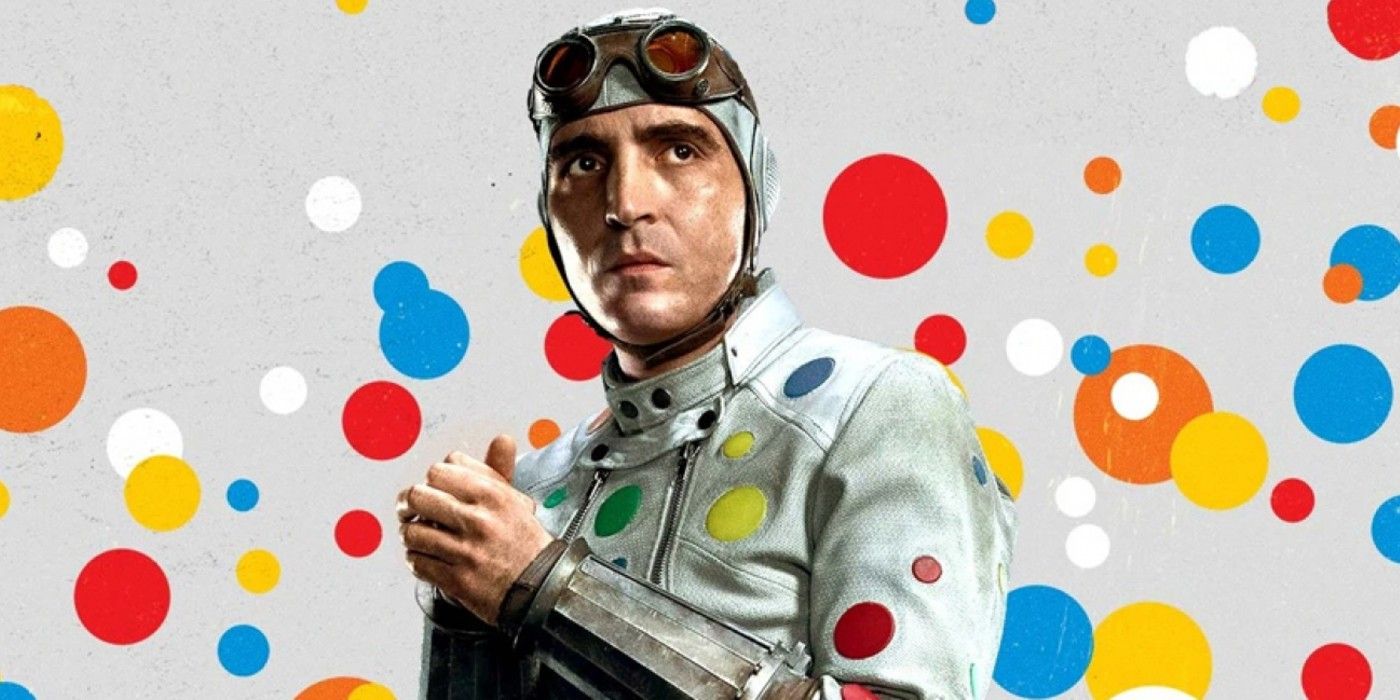James Gunn’s debunking of a Polka Dot Man fan theory exposes the fundamental problem with fan theories in general. Despite The Suicide Squad’s underwhelming box office, it is a striking critical success for Warner Bros. Gunn was able to take some of DC’s most forgettable characters like Ratcatcher 2 and Polka Dot Man and reinvent them for a modern audience. It’s one thing to take the biggest characters in comics and develop a great film, but it takes a truly talented director to make a masterpiece with C-List characters. This is exactly what James Gunn has done with his Marvel and DC franchises.
Working on such high-profile films means Gunn is no stranger to fan theories. In fact, Gunn is an active social media user, commenting on fan theories and answering fans’ most burning questions. While filming The Suicide Squad, Gunn would take questions throughout the day, sometimes answering dozens of questions between camera setups. This willingness to interact with audiences makes Gunn one of the most transparent and audience-engaged directors in Hollywood. Gunn is happy to confirm fan theories after a film’s release just as happy as he is to shut down any theories that simply hold no water.
This is exactly what happened during a Twitter exchange with user @moviedetail (via Twitter). Movie Detail purported that David Dastmalchian’s Polka Dot Man takes the death of the side character Milton so hard because it references Polka Dot Man’s creator Milton “Bill” Finger. This fun theory cut deep into the character’s origins and seemed to be a clever nod to the historically unsung DC comics writer. Ultimately, James Gunn shot the theory down and explained Polka Dot Man’s reaction as nothing more than a simple attention grab. Consequently, James Gunn exposed the most recurring problem with fan theories; they’re often better than the truth.
Superhero and pop-culture films come with hundreds of fan theories. Audiences devote weeks picking apart every moment of the film searching for its deeper meaning. Though there are times when audiences do uncover secret references or broader connections, their theories are often proven incorrect. When this happens, audiences are routinely left disappointed, because their imposed meaning was better than the original intention. Movie Detail’s Polka Dot Man theory is only one example of where the truth isn’t as meaningful as a fan theory. This is no fault of the directors; it’s just that audiences have a lot of time to read into the film.
This is merely the nature of fan speculation and one’s ability to continuously examine a particular film. Unfortunately for eagle-eyed fans, not everything holds a greater meaning, at least not in the way one might expect. After all, Hollywood filmmakers don’t necessarily have the time to weave significance into every minute detail of the film. The exception is when those details directly relate to a character’s journey or affect the overall narrative. So, while it may be disappointing when a fan theory is eventually debunked, audiences should remember the director still has what is best for the film in mind.
Passionate individuals who care to spend their time analyzing a movie or even a book for secret meaning will always find it. They’ll find it because they care about the material and want to get the very most out of it. This is how creators can generate an endless amount of content targeted toward pop-culture film and television. Whether it’s a fun theory or behind-the-scenes insight, audiences always want more of their favorite franchise. Nonetheless, James Gunn’s dismissal of the Polka Dot Man theory is a reminder that the problem with fan theories is they’re often better than the truth.


